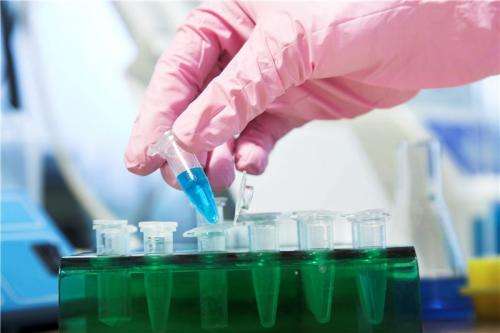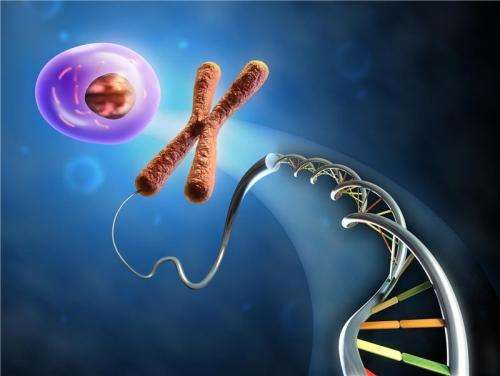Using molecular techniques, researchers improved diagnosis and treatment of cancer

The ABC Medical Center, located in Mexico City, implemented various molecular diagnostic methods that can detect the genetic alterations in several types of cancer, so they can select a personalized therapy for each patient and direct it against the mutated genes that cause disease.
For this the Laboratory of Molecular Pathology was created, thanks to a cancer patient who decided to make a donation to the hospital to acquire the necessary equipment, sensitive to the existing need in Mexico for a place where timely diagnosis of the disease is made.
"While the techniques of molecular biology have been applied to clinical diagnosis for over 20 years, they had just been established in the country. It is estimated that only about five years ago in some of the National Institutes of Health and universities, where it was first used in the field of research, "says Dr. César Lara Torres, head of the laboratory.
Before, when required, samples of tumor tissue were sent to laboratories located abroad to have them analyzed by molecular techniques, making management difficult and increasing diagnosis time and costs.
The researcher also explains that the tools of molecular biology allow to find alterations in the genetic information contained in deoxyribonucleic acid (DNA) and ribonucleic acid (RNA) associated with mutations linked to certain cancers and molecular targets, for which a drug that works more effectively has been found.

"There are several examples of the above, as is the case of chronic granulocytic leukemia, a type of cancer that arises inside bone marrow and leads to rapid growth of immature cells that produce a certain type of white blood cells. This disease is caused due to a reciprocal translocation (displacement of a segment of a chromosome to a new location in the genome) of chromosomes 9 and 22, wherein there is overexpression of a protein (tyrosine kinase) that may be inhibited by a drug called imatinib," explains Lara Torres.
According to the pathologist, this diagnosis is useful for a significant percentage of the different types of cancer, since there are tumors in which a large amount of specific molecular markers or mutations are located. However, he recognizes that there are cases where it is unknown what happens genetically within the tumor.
"Of the more common tumors where it is possible to detect a large number of genetic alterations are breast, colon, ovarian, lung and blood, among others, so the molecular diagnosis allows to predict their behavior," he says.

He also indicates that molecular biology techniques which are mostly used for their simplicity, affordable costs and ease of implementation are called fluorescent in situ hybridization (FISH) , PCR , real time PCR , endpoint PCR and sequencing, which are all used in the Laboratory of Molecular Pathology of the ABC Hospital.
Regarding their functioning, Dr. Lara Torres says that they are focused on identifying alterations in DNA and RNA. And as for its benefits, he highlights that they increase sensitivity and specificity in the diagnosis of diseases. "They are not a substitute for traditional studies, but a complement, for example, for physical, clinical, imaging and histology (tissue sample analysis under a microscope) examination."
With the implementation of molecular diagnostic techniques in the ABC Hospital it has been possible to reduce waiting times form four weeks to a few days. This helps the oncologist define a patient's treatment faster, improving the prognosis of the disease.

















